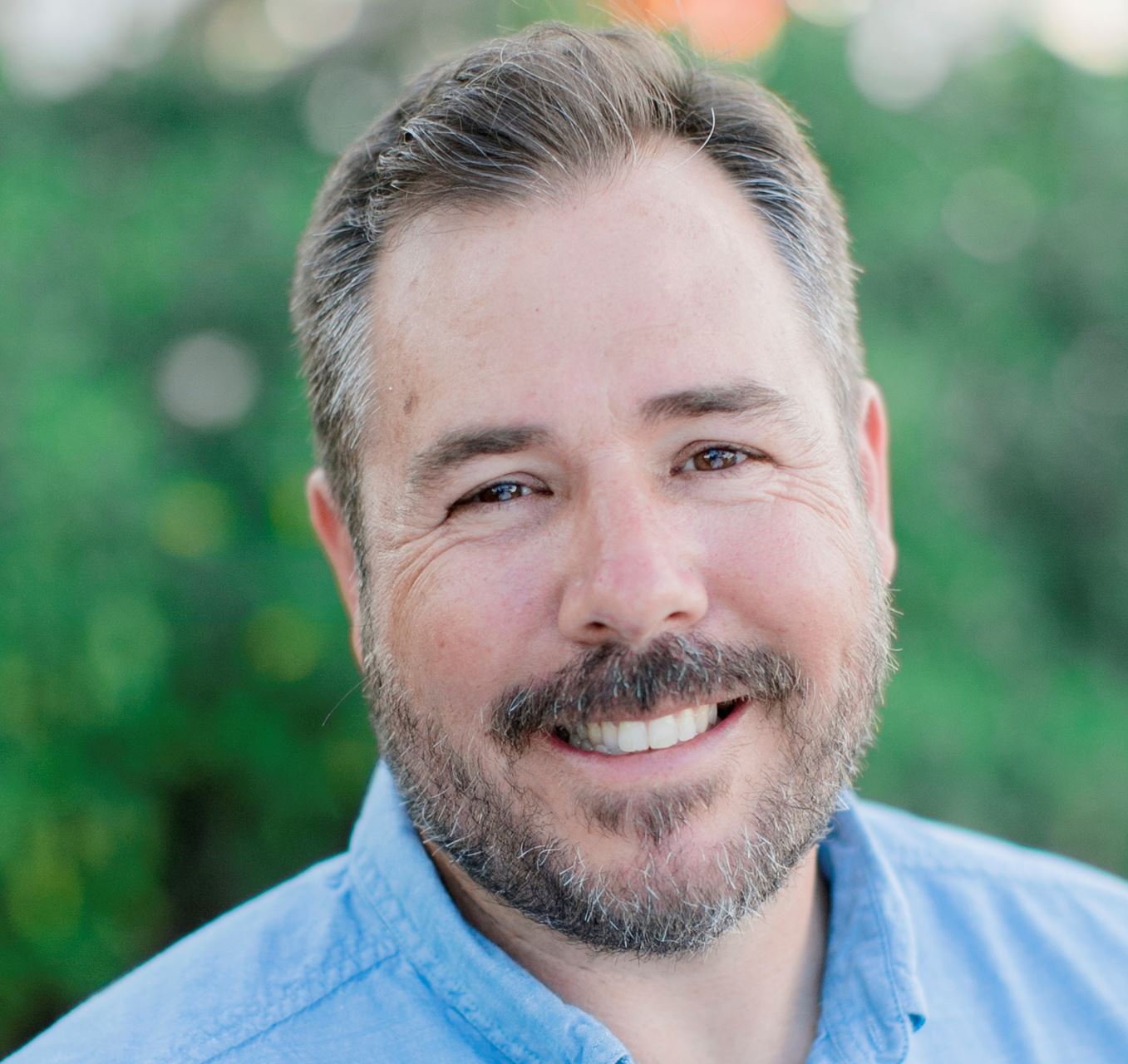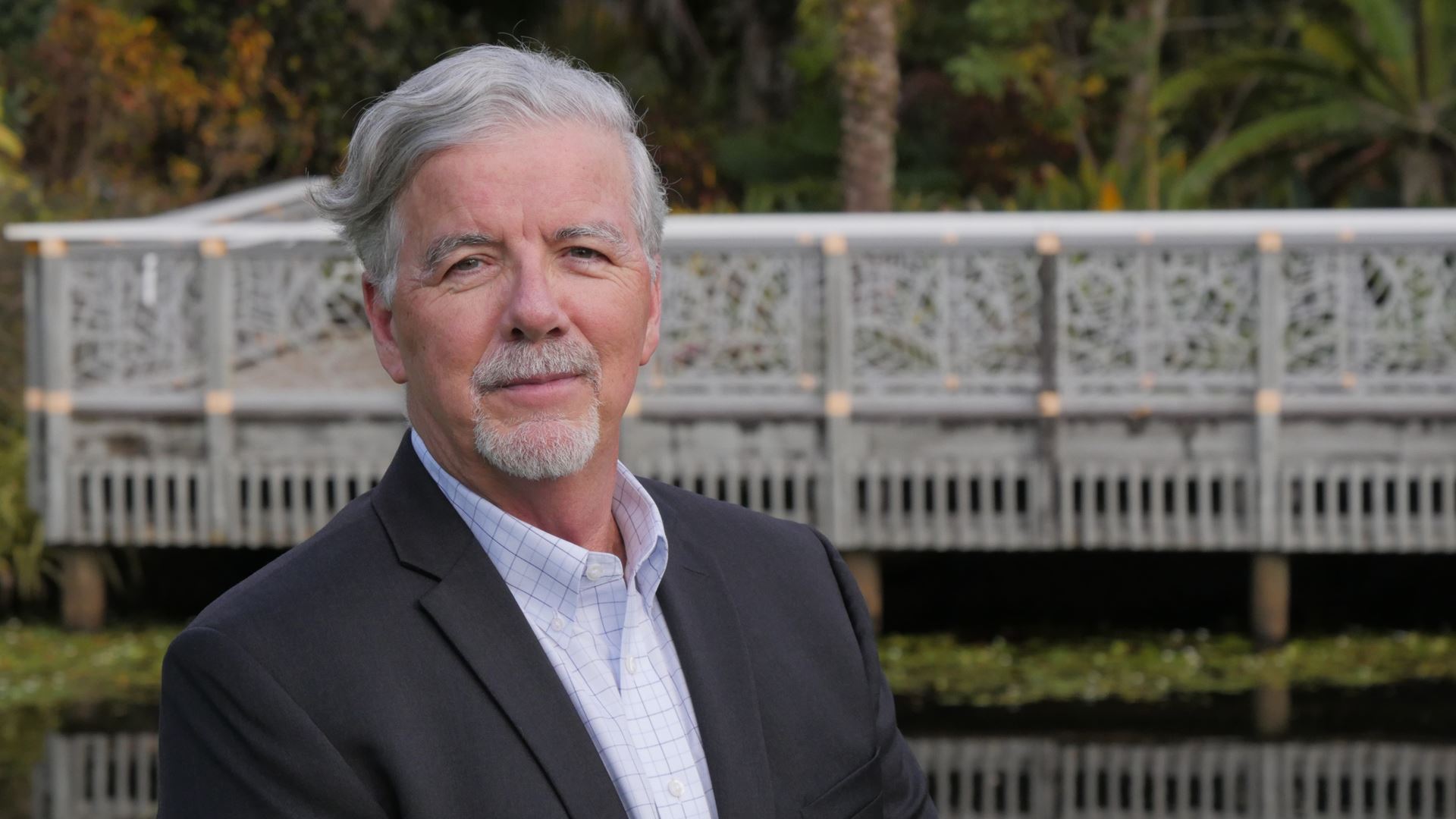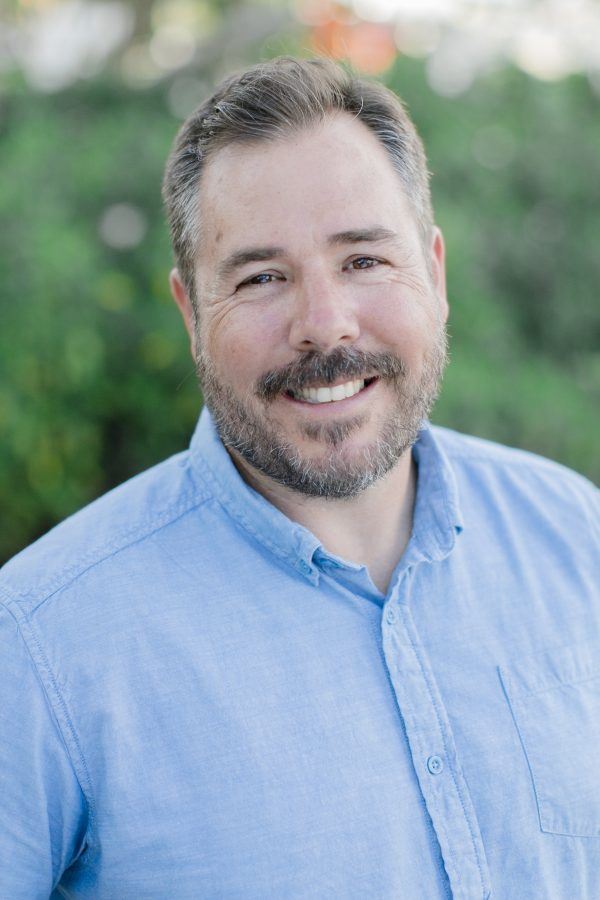 
|
Kevin Bandy
Joe Considine
|
Sponsored by:

Cunning and Baffling.
Addiction is a baffling, terrible disease. It changes the brain, sometimes permanently . The need for drugs, alcohol, sex or other processes can become greater than the need to eat, sleep, work, parent children, pay bills and so forth. This is often referred to as the “hijacked brain” .
The Costs are High
There have been more reported deaths in any one year from substance abuse than fatalities from car accidents, gun shots, or deaths in every war our nation has fought since Vietnam . Last year there were 82,000 alcohol related deaths. There are 176,000,000 Americans who regularly drink alcohol and 12% of those have alcohol use disorders requiring treatment. According to the latest data from the Centers for Disease Control, More than 750,000 people have died since 1999 from a drug overdose. Cannabis and other substance induced psychosis is on the rise among our younger adult population, while the elderly are turning more and more to substances .
Origins
Evidence shows that childhood adversities such as parental alcoholism, divorce, family violence, poverty and abuse along with genetic predispositions can lead to a broad range of lifelong problems, including physical ailments. This adversity can also lead to emotional disorders such as attachment difficulty and problems with self-regulation; leading ultimately to addiction and dependency .
Psychotherapy is Essential
Addiction is very difficult to treat successfully. Mental health professionals are vital to the process of recovery. Treatment can often reverse this “rewiring” (also called “neural re-adaptation”) of the brain and jumpstart abilities to self-regulate. Important evidence also shows us that involuntary commitment to treatment is often needed and can be more effective than voluntary treatment .
We will discuss successful strategies along with types of ongoing support from therapists before and after treatment.
Learning Objectives:
Participants will be able to:
- recognize three central elements within successful alcoholism/addiction intervention .
- execute strategies for family guidance, including pre-treatment planning, structured family recovery and post-treatment support.
- recognize three major roadblocks that often defeat the best intended efforts to intervene successfully .
- explain the basic science of addiction (concept of the hijacked brain).
- articulate statistical evidence on addiction and recovery to bolster the case for intervention and rehabilitation .
- describe critical steps to deploy the Marchman Act in Florida (to compel involuntary treatment.)
Our Speakers

Kevin Bandy CAP, ICADC
Kevin co-founded Voyage after two decades of experience in substance use disorder treatment. He had previously been Clinical Director at The Hanley Center.
Beginning recovery from substance use issues in 1990, Kevin did the hard work of figuring out how to be a teenager in sobriety, reuniting with his family, returning to high school, and finding his place in the local Twelve Step community.
In 1997, he began his career in treatment, accepting an entry level position as peer staff in an adolescent treatment center. Since then Kevin has worked at all levels of care within the treatment continuum, from tech to Executive Director.
Kevin’s passion is working with young men and their families, and he has developed multiple family recovery programs over his years in the field. He believes that recovery is possible for all members of the family and that long term remission must be a team effort. When he is not working with patients or families, you’ll find Kevin immersed in the experiential programming at Voyage. He's a passionate ambassador of recovery in the sun and saltwater of beautiful South Florida, and is committed to helping young men find and nurture their passion while in treatment.
Wilderness First Aid Certified, 2019

Joe Considine, Marchman Attorney
Joe has practiced law in South Florida since 1983. His practice is limited to addiction related law including the Marchman Act and family law. Joe has handled over 1500 litigation cases in his career, appearing in courts throughout Florida. Joe works extensively with families whose loved ones have substance abuse and mental health problems. He is the author of many articles and lectures throughout Florida on the Marchman Act and other substance abuse related issues. Joe is recognized as an authority on Florida’s Marchman Act. Joe has been a member of the Board of Directors of The Fern House in West Palm Beach, a residential rehabilitation facility for indigent men with substance use disorders, for 25 years. Joe also enjoys assisting and participating with the Max Planck Institute For Neuroscience in Jupiter, Florida as a member of the Brain Trust. Joe Considine is a native of Palm Beach County, lives in West Palm Beach, has three adult children and loves mountain biking, paddle boarding and tending to his butterfly garden. His website is: www.joeconsidinelaw.com Phone him at 561-655-8081 or Email him at joe@joeconsidinelaw.com
